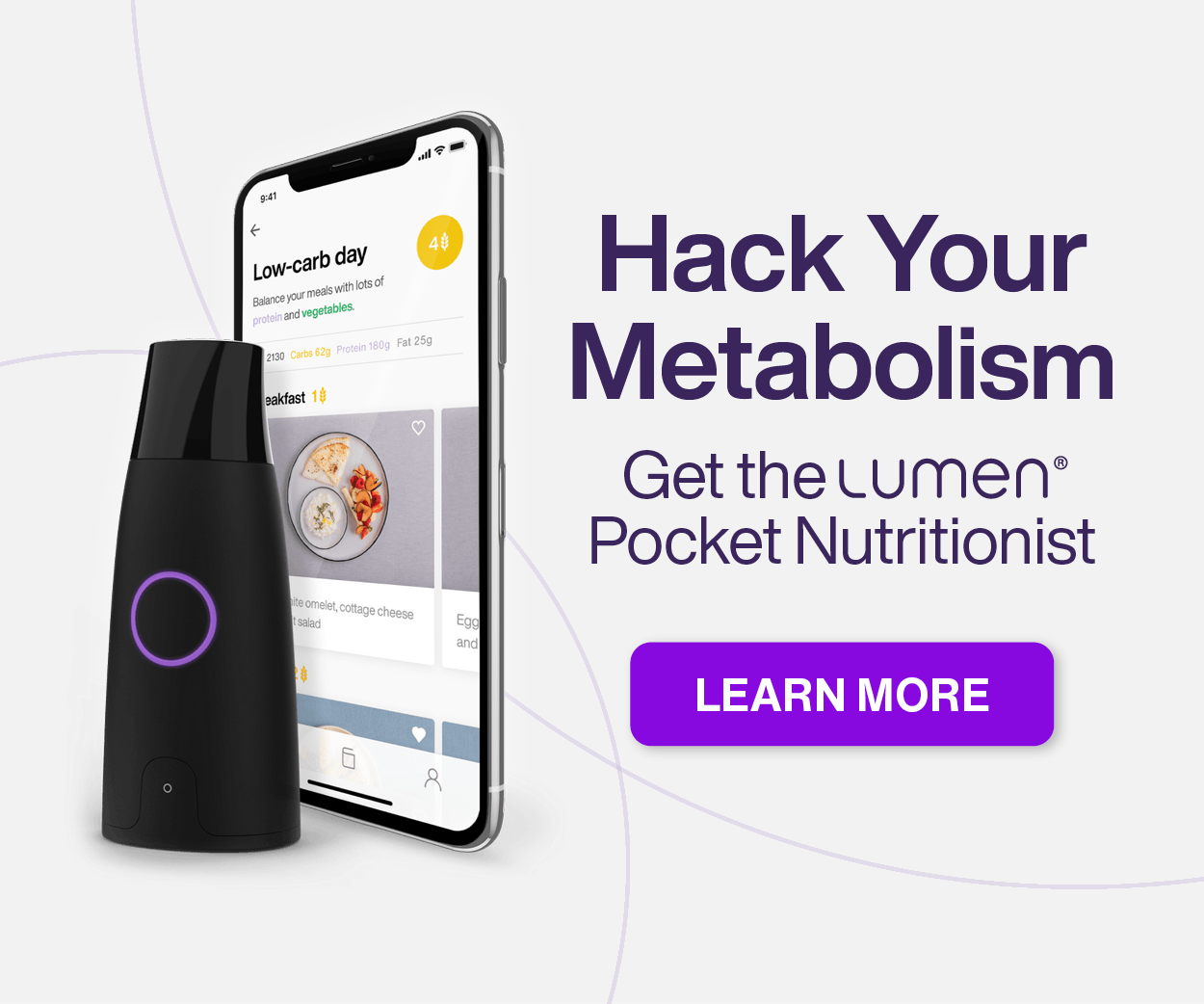By: Stephanie Heino
 Your brain is a complex and hungry organ, and its cells require two times the amount of energy than that of other cells in the body. Therefore it is very important to feed the grey matter with highly effective brain foods that improve memory, mood, concentration, and overall clarity and keep your mind sharp and nourished. As you might know, your brain is mostly composed of fat, and therefore needs fatty acids to process information and for brain cells to communicate. Omega-3 fatty acids – particularly docosahexaenoic acid (DHA) – play a very important role in allowing brain cells to transmit signals properly. Lack of DHA can cause brain signals to become distorted and difficult to read, which will make it harder for you to control your mood, concentrate, and remember things. DHA can also help you feel happier by helping your body to release serotonin (the amazing chemical the body uses to boost mood and relieve depression!).
Your brain is a complex and hungry organ, and its cells require two times the amount of energy than that of other cells in the body. Therefore it is very important to feed the grey matter with highly effective brain foods that improve memory, mood, concentration, and overall clarity and keep your mind sharp and nourished. As you might know, your brain is mostly composed of fat, and therefore needs fatty acids to process information and for brain cells to communicate. Omega-3 fatty acids – particularly docosahexaenoic acid (DHA) – play a very important role in allowing brain cells to transmit signals properly. Lack of DHA can cause brain signals to become distorted and difficult to read, which will make it harder for you to control your mood, concentrate, and remember things. DHA can also help you feel happier by helping your body to release serotonin (the amazing chemical the body uses to boost mood and relieve depression!).
Eating foods rich in antioxidants is also very important since it helps your system rid itself of free radicals. Antioxidants neutralize free radicals and halt the damaging effects they have on the body. Berries, such as blueberries, blackberries, cranberries, goji berries, and many others are a great source of antioxidants, as are a variety of nuts and seeds.
While only making up two percent of total body weight, the brain consumes 20 percent of the oxygen your body gets. Your brain needs oxygen, and your blood is what delivers it. This means that by having healthy blood flow, the oxygen and nutrients can keep your brain going at full power. Foods like goji berries are great since they naturally promote circulation.
Recent studies suggest that inflammation, high blood pressure, elevated insulin levels, obesity, arterial inelasticity and a condition known as metabolic syndrome are all risk factors that can lead to a decline in brain health, so it is very important to eat the right foods for your brain!
Take a look at these 13 super foods for excellent brain health:
 Fish (Salmon, anchovies, mackerel, tuna). Awash with nutrients, coldwater fish like salmon are a good source of omega-3 fatty acids, which play an important role in strengthening synapses in your brain, strengthening brain function and memory. One concern that many have about consuming fish are the levels of mercury that accumulate through the food chain and residing in salmon. To avoid contaminates, experts recommend eating wild salmon. Wild salmon is also an excellent source of EPA (eicosapentaenoic acid) and DHA (docosahexaenoic acid), two potent omega-3 fatty acids that reduce inflammation. Sardines, anchovies, and mackerel are also packed with brain-healthy omega-3s, but have lower levels of mercury that may be found in other fish.
Fish (Salmon, anchovies, mackerel, tuna). Awash with nutrients, coldwater fish like salmon are a good source of omega-3 fatty acids, which play an important role in strengthening synapses in your brain, strengthening brain function and memory. One concern that many have about consuming fish are the levels of mercury that accumulate through the food chain and residing in salmon. To avoid contaminates, experts recommend eating wild salmon. Wild salmon is also an excellent source of EPA (eicosapentaenoic acid) and DHA (docosahexaenoic acid), two potent omega-3 fatty acids that reduce inflammation. Sardines, anchovies, and mackerel are also packed with brain-healthy omega-3s, but have lower levels of mercury that may be found in other fish.
Turmeric. This Asian spice is commonly found in mixed curry powder and contains a powerful, non-toxic compound called curcumin which has serious anti-inflammatory effects.
Mushrooms. For thousands of years, the Chinese have revered mushrooms, specifically shiitake, cordyceps, and reishi, for their immune-boosting properties. Mushrooms increase blood flow and supports lower cholesterol levels, and are considered a superfood for many reasons.
Avocado. Many consider avocados to be the food of the gods. This nutrient-packed fruit (yes, it’s technically a fruit) is high in monounsaturated fat, which helps to lower cholesterol and improve blood flow. Since the brain uses 20% of all the oxygen the body consumes, it’s vital to have healthy blood flow to carry oxygen and nutrients to the brain. Avocados are also a good source for omega-3 fatty acids and vitamin E, which functions as an antioxidant and promotes healthy brain activity.
Go Nuts!. Three specific nuts have been linked to a decreased risk of many diseases. Now there’s evidence that they also improve cognition. Most have high concentrations of vitamin E, B vitamins, antioxidants, magnesium, minerals and Omega-3s, which all support the nervous system.
- Walnuts. The walnut’s shape resembles a brain, so why shouldn’t it be a brain food? It is! Rich in both omega-3 fatty acids and antioxidants, walnuts offer a variety of benefits for brain health. Since omega-3 fatty acids are typically found in meats, walnuts provide a great non-meat alternative. They can help you concentrate and protect your brain against the effects of aging. Walnuts have also been shown to improve mood by influencing the brain’s serotonin levels. For those who suffer from depression, insomnia, anxiety, or related issues, walnuts may be a helpful food to munch on.

- Almonds. Almonds may help to save your memory! In studies on laboratory mice, the rodents rendered temporarily amnesiac were more apt to remember their way around a maze 24 hours later if they first consumed an almond paste. The evidence suggests that almonds slow the decline in cognitive abilities linked to Alzheimer’s disease. The memory effects can be linked to the presence of the essential amino acid phenylalanine and L-carnitine, which are believed to boost neurotransmitters essential to memory.
- Brazil nuts. Brazil nuts can spare the obese the vascular damage associated with body fat. An excess of fat tissue stimulates low-grade inflammation and oxidative stress, both of which can lead to cardiovascular disease. With high levels of unsaturated fatty acids and bioactive substances that combat inflammation like selenium, phenolic compounds, folate, magnesium among them, Brazil nuts improved microcirculation, lowered cholesterol levels, and normalized blood lipid profiles without causing weight gain in 17 obese females (wow!).
Green Tea. China’s (and now our!) favorite drink has been shown to provide many benefits for memory, and may positively impact cellular mechanisms in the brain. There is an organic chemical found in green tea, EGCG (epigallocatechin-3 gallate) that is a key health property of green tea and is a known antioxidant. EGCG is found to boost the production of neural progenitor cells, which like stems cells, can adapt or differentiate into various type of cells. EGCG is also said to enhance learning and memory by improving object and spatial memory.
Seeds: Flax, chia, hemp, sesame. These small seeds all provide big benefits for both the body and the brain.
- Flaxseeds. Flaxseeds are an even more potent source of omega-3 fatty acids than walnuts, and also a source of B vitamins, which is great food for your brain cells since they need this for improved cognitive function and memory. Flaxseeds are also a source of manganese, which acts as a powerful antioxidant. It’s best to grind flaxseeds before eating them, since the body has difficulty absorbing the seeds’ nutrients when left in their natural state.
- Chia seeds. Chia seeds are a super-food that the ancient Mayans heavily relied upon. These seeds are packed with omega-3 fatty acids and contain more antioxidants than blueberries. Add chia seeds to your diet (in your smoothies or sprinkled on top of your salads) for improved concentration, memory, mood, and protection against diseases like Alzheimer’s.
- Sesame and hemp seeds. These seeds contain plant sterols that help strengthen the immune system and bring down an overreaction.
Quinoa. Quinoa is an amazingly good grain; I love having quinoa porridge in the morning! It makes up a complete protein, containing all nine of the essential amino acids. It is also an excellent source of iron, which is needed to produce energy for the brain’s neurons, as well as being rich in riboflavin (or vitamin B2), which is another important energy source. Since the brain consumes such a large amount of the body’s energy, it’s important to eat the right foods to supply it. Riboflavin also functions as an antioxidant, helping to protect cells from damage caused by free radicals.
 Vegetables: Broccoli, Kale, Spinach, Collard Greens, Brussel Sprouts, Cauliflower, and cabbage. These veggie powerhouses are highly regarded for being a great source of nutrients. Many are rich in vitamin K, which has been shown to prevent arterial calcification in the brain, which may be linked to Alzheimer’s. Vitamin K also plays a role in creating important fats that the brain needs to perform properly. Great sources for vitamin K are broccoli, kale, spinach, collard greens, and brussels sprouts. Broccoli also contains sulforaphane, which helps the body get rid of potentially carcinogenic compounds. In studies, broccoli, red cabbage and sulforaphane have been shown to reduce inflammation and oxidative stress. Nice!
Vegetables: Broccoli, Kale, Spinach, Collard Greens, Brussel Sprouts, Cauliflower, and cabbage. These veggie powerhouses are highly regarded for being a great source of nutrients. Many are rich in vitamin K, which has been shown to prevent arterial calcification in the brain, which may be linked to Alzheimer’s. Vitamin K also plays a role in creating important fats that the brain needs to perform properly. Great sources for vitamin K are broccoli, kale, spinach, collard greens, and brussels sprouts. Broccoli also contains sulforaphane, which helps the body get rid of potentially carcinogenic compounds. In studies, broccoli, red cabbage and sulforaphane have been shown to reduce inflammation and oxidative stress. Nice!
Sweet Potato. A good (and yummy!) complex carbohydrate, as well as a great source of beta-carotene, manganese, vitamin B6, C and a great dietary fiber. Combined, these are powerful antioxidants that support inflammation in the body.
 Berries: Blackberries, Blueberries, Goji Berries, StrawBerries, Cranberries – All berries. Adding berries to your diet can help your brain better process information and stay mentally sharp. Loaded up with polyphenols and antioxidants, berries can help reduce inflammation in brain cells, making it easier for them to communicate with each other. Polyphenols found in blackberries also help reduce accumulation of toxins in the brain. Rumor has it that blueberries, strawberries and cranberries can improve metabolic syndrome through lessoning inflammation.
Berries: Blackberries, Blueberries, Goji Berries, StrawBerries, Cranberries – All berries. Adding berries to your diet can help your brain better process information and stay mentally sharp. Loaded up with polyphenols and antioxidants, berries can help reduce inflammation in brain cells, making it easier for them to communicate with each other. Polyphenols found in blackberries also help reduce accumulation of toxins in the brain. Rumor has it that blueberries, strawberries and cranberries can improve metabolic syndrome through lessoning inflammation.
Extra Virgin Olive Oil. Olive oil is a great source of monounsaturated fats, which have been shown to slow brain aging. Virgin olive oil is the Mediterranean secret to longevity. Its rich supply of polyphenols protects the heart and blood vessels from inflammation. The monounsaturated fats in olive oil are also turned into anti-inflammatory agents by the body that can lower occurrences of asthma and rheumatoid arthritis.
Water. Last but not least, we can never forget this amazingly important nutrient. Water makes up 85% of brain weight– so by being dehydrated, brain volume decreases, whereas rehydration increases cerebral volume significantly. So make sure to get your 8 glasses a day, people!
 Did you know that approximately 121 million people across the globe have some form of depression? It doesn’t necessarily have to be a long-term, clinical ailment…We’ve all experienced some form of depression, and it’s never any fun. When asking people what they want to achieve in life, the most common answer is happiness. We all want to be genuinely happy. We all want to have that feeling of happiness that is independent of loss or gain. What stands in the way is our negative beliefs, thought patterns and our way of believing in and acting on the negative.
Did you know that approximately 121 million people across the globe have some form of depression? It doesn’t necessarily have to be a long-term, clinical ailment…We’ve all experienced some form of depression, and it’s never any fun. When asking people what they want to achieve in life, the most common answer is happiness. We all want to be genuinely happy. We all want to have that feeling of happiness that is independent of loss or gain. What stands in the way is our negative beliefs, thought patterns and our way of believing in and acting on the negative. 2. Don’t overthink, follow your heart
2. Don’t overthink, follow your heart



















